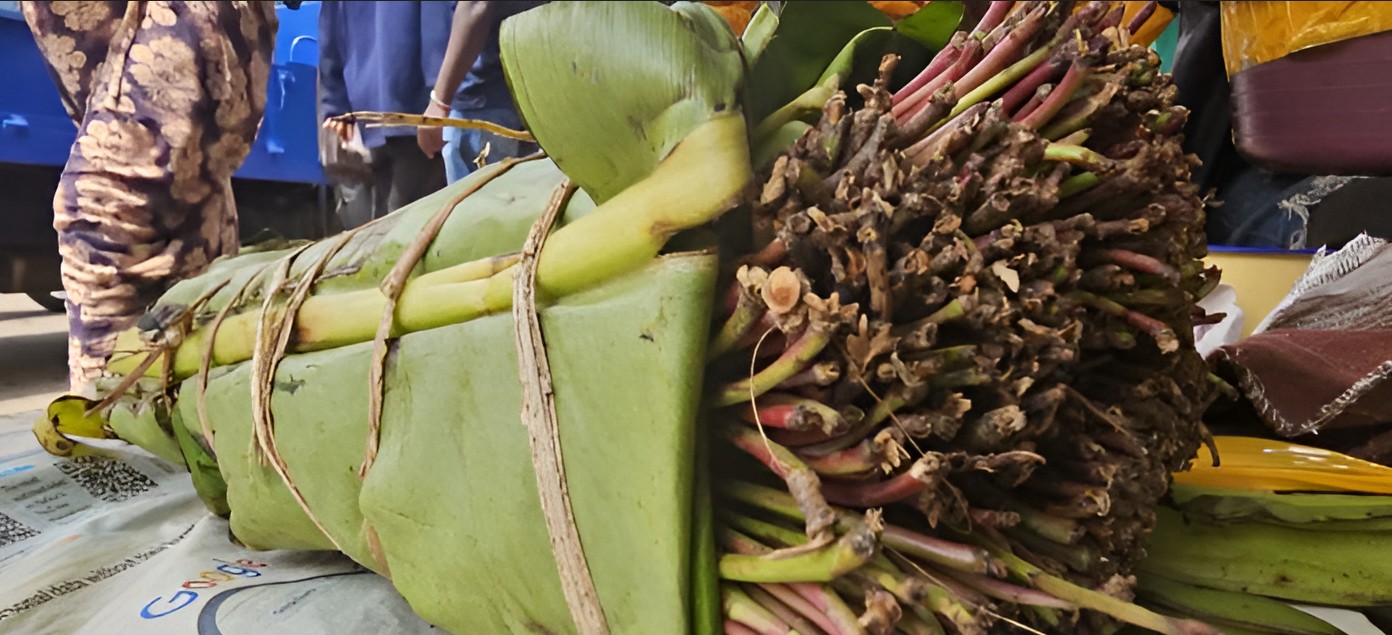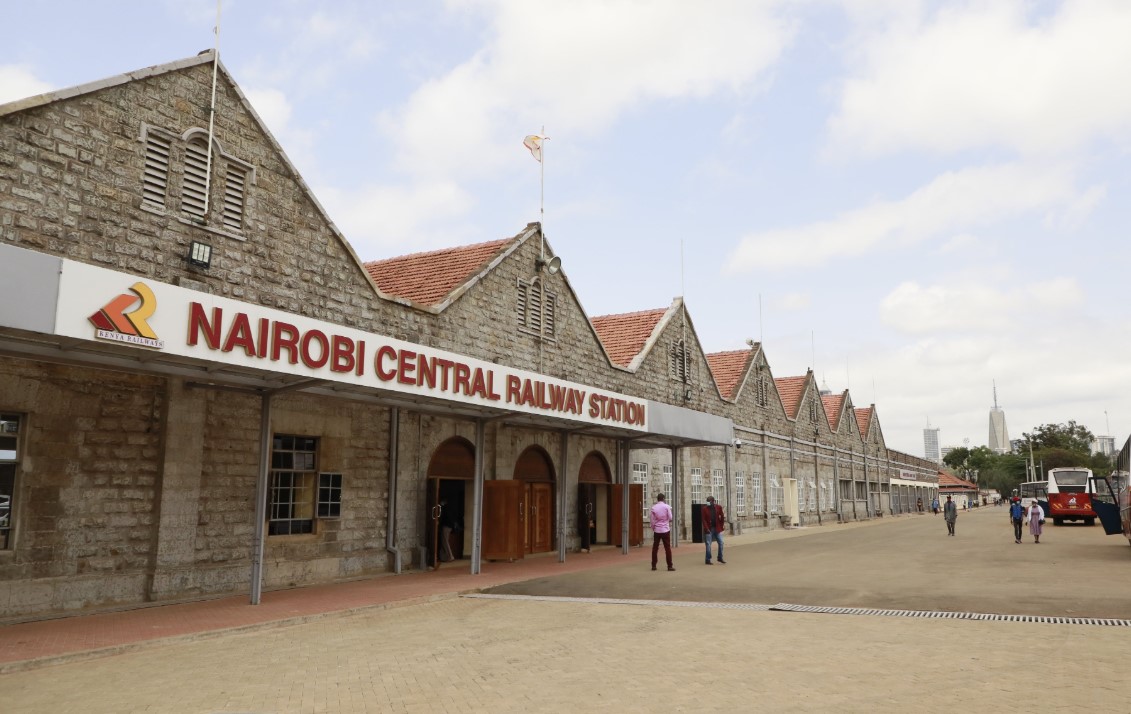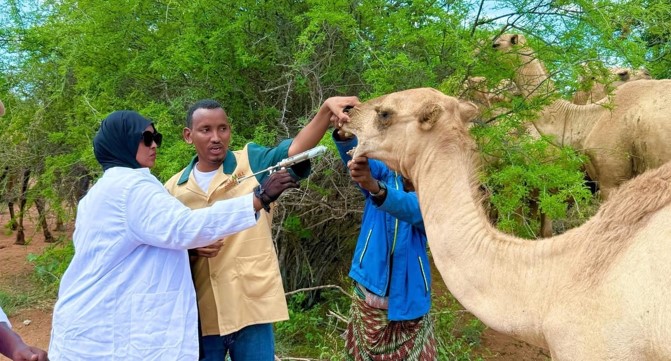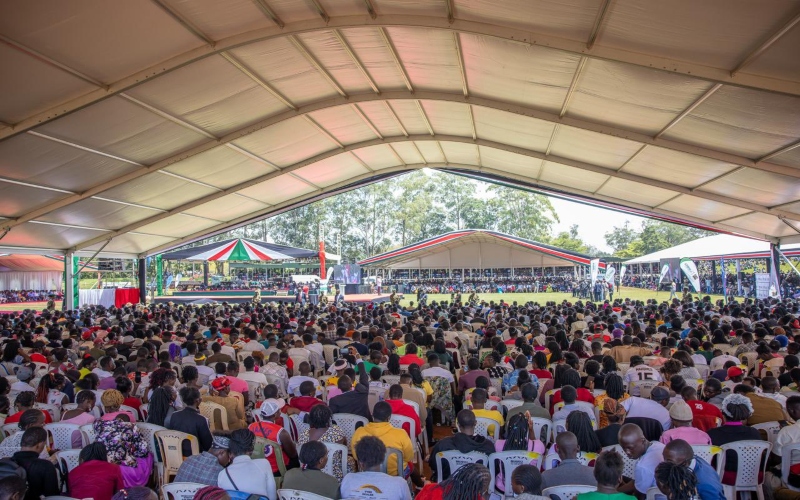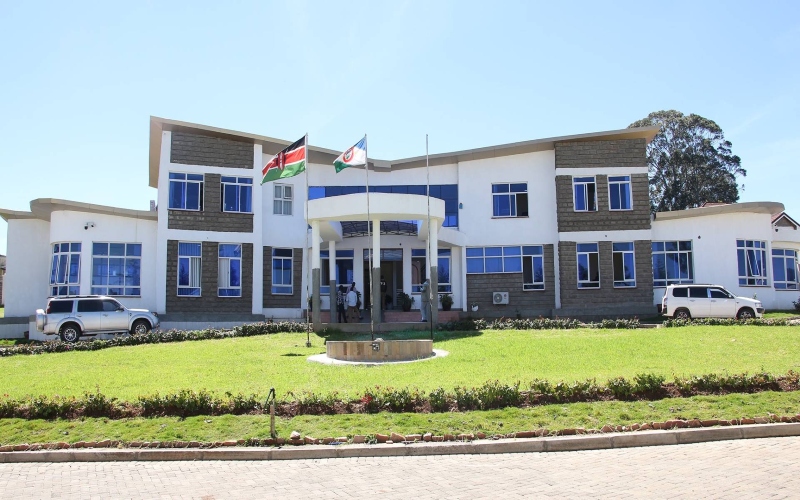NCIC warns of criminal gangs using social media to recruit, mobilise

Many gangs involve minors, some as young as 11, while most members are between 15 and 35 years old, often armed with knives, pangas, and occasionally firearms.
The National Cohesion and Integration Commission (NCIC) has raised alarms over a growing network of criminal gangs that are increasingly using online platforms to recruit members and coordinate activities.
In a report launched on Thursday titled "The Evolution of Criminal Gangs in Kenya", the Commission warns that these gangs are no longer confined to low-income communities but now include educated, tech-savvy youth who are vulnerable to exploitation.
More To Read
- Funding delays, operational weaknesses threaten police operations, says EACC
- Bomet, Homa Bay, Kirinyaga among counties with highest hiring imbalances - report
- Six communities dominate jobs in parastatals and public universities, NCIC says
- Busia destroys Sh21.9 million worth of heroin, bhang in anti-drug operation
- EACC flags systemic gaps fueling corruption in Police Service, calls for urgent reforms
- Report links corrupt officials to rising criminal networks in Kenya
According to the Samuel Kobia-led body, some politicians are allegedly funding and using these groups for political purposes, including voter mobilisation, intimidation of rivals, and protection during election periods.
The report notes that these gangs are becoming more organised and sophisticated, blending online operations with traditional criminal activity.
Historical data show a rapid rise in gangs across the country.
A 2012 study by the National Crime Research Centre recorded 46 criminal groups, which surged to 326 by 2017, with 116 active in 15 counties, despite a government ban in 2016 outlawing 90 of them.
Mombasa, Nairobi, and Kilifi are the most affected, with 73, 56, and 47 groups respectively, followed by Nakuru, Kiambu, and Kisumu counties.
The report details the range of crimes these gangs commit, including armed robbery, mugging, murder, drug trafficking, extortion, carjacking, illegal utility connections, and M-Pesa scams.
Many gangs involve minors, some as young as 11, while most members are between 15 and 35 years old, often armed with knives, pangas, and occasionally firearms.
The Commission highlights the growing role of social media in gang operations.
“The preponderance of social media platforms such as Twitter, Facebook, WhatsApp and TikTok has become fertile ground for these groups, enabling them to mobilise quickly, spread propaganda and incite violence with alarming efficiency,” the report states.
These platforms allow gangs to coordinate attacks, recruit members, and push false narratives.
“Online criminal gangs further use social media to recruit, mobilise for support, communicate and organise their unlawful actions. Protest movements and revolutionists have utilised these spaces to mobilise the masses - unifying, organising and spurring them to action,” the publication adds.
The report warns that while digital skills can empower youth, the lack of legitimate employment options leaves many open to criminal influence.
The Commission cites the 2024–2025 Gen Z protests as evidence of how online platforms can rapidly mobilise groups and inflame public emotions, sometimes through exaggerated or false information.
“This demonstrated the potent power of these platforms for collective action—a power that can be exploited by criminal elements for disreputable purposes,” it notes.
Overall, the report concludes that the spread of disinformation, hate speech, and propaganda online is undermining social cohesion and political stability.
With digital tools increasingly used to share sensitive or secret information, NCIC warns that these trends pose a real risk to peace and unity in the country as it heads toward the 2027 elections.
Top Stories Today


